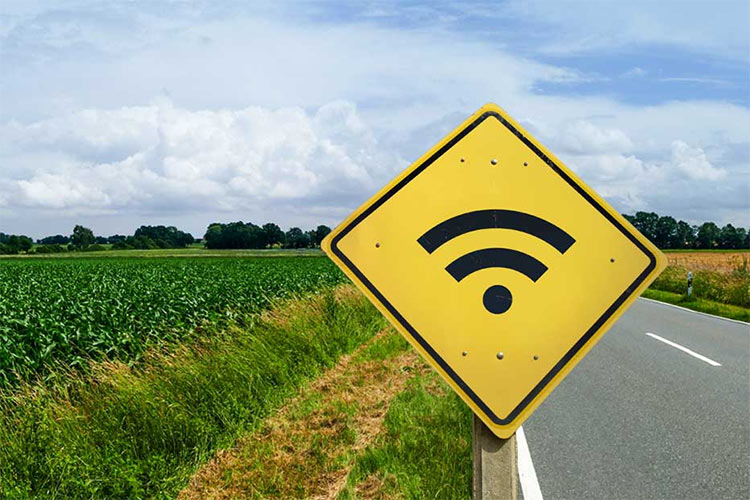
Louisiana Needs to Lower Costs to Expand Rural Broadband
If you are reading this article, chances are you have access to a broadband internet connection. A broadband connection is anything faster than a 25 Mbps (Megabits-per-second) download speed and a 3 Mbps upload speed. While this minimum speed isn’t considered especially high today, tens of thousands of Louisianans don’t have access to any broadband connection. And if they do, the service is unreliable and expensive.
Fortunately, the Federal Communications Commission (FCC) recently launched the $20 billion Rural Digital Opportunity Fund. This money will be used across the nation to narrow the digital divide by connecting rural areas to broadband internet. In Louisiana alone, more than 100,000 rural homes and businesses could see support due to 188,000 eligible locations in the state for this funding.
But this funding from the FCC is not a traditional federal subsidy, which the state of Louisiana is sadly all too used to receiving. Instead, the FCC uses a process known as a “reverse auction.” Reverse auctions allow private companies to compete to provide the highest speeds to the greatest number of people for the lowest price, along with meeting some requirements set out by the FCC. This ensures taxpayer dollars are being spent in the most efficient ways possible to connect people across the country. When the FCC first implemented the reverse auction system, it found that taxpayers got far more bang for their buck.
It’s important to note that Louisianans’ current lack of access to broadband isn’t due to a nefarious intent. It’s simply a technological and economic reality. Getting broadband quality speeds to rural folks is often prohibitively expensive due to the geographical spread of customers. Government fees associated with deploying the technology can also add significant burden, and as a result, too many people in the Pelican State remain unconnected.
But, these circumstances have an opportunity to change rapidly. Technology like fixed wireless and TV White Space have the potential to solve many of the geographic concerns over providing fast and affordable internet, and both the federal government and private sector are poised to invest billions of dollars in rural broadband.
With the reverse auction system, states like Louisiana can do a lot to ensure private companies can not only place competitive bids to win FCC funding, but also expand broadband service without the need of government support.
Along with facing substantial costs in manpower and equipment to provide service, internet service providers also face significant governmental hurdles. They include everything from expensive “franchise fees,” which can cost tens of thousands of dollars, to fees for access to rights of way through various areas, and bureaucratic red tape. All of these combine to set up significant barriers to expanding broadband access to those who need it most.
It will also make it more difficult for internet service providers to submit competitive bids to the FCC. All of these roadblocks could be removed by government tomorrow.
The Louisiana legislature could cap many of these fees to the actual cost associated with installation of equipment. Additionally, it could create a clear process for submitting applications for installation and require a “shot clock.” This would mandate a government respond to application requests in a specific time period.
These policies have already been implemented in other states to speed up the deployment of 5th generation (5G) wireless technology. There is no reason the same principles don’t apply to rural broadband.
There are dozens of creative ways for government to remove barriers and work with the private sector to speed up broadband deployment.
While government can be a helpful partner, this does not mean government should be running broadband services. For example, the city of Lafayette runs an internet service, and the results have been nothing short of disastrous. The city has only been able to keep the service afloat due to millions in alleged illegal subsidies from the Lafayette electric and water utilities.
Louisiana has a golden opportunity to provide broadband access to people and businesses who sorely need it. As the legislative session quickly approaches, let’s hope lawmakers seize the opportunity to tackle this problem by removing barriers rather than looking to regulate a solution, as is too often the case.



